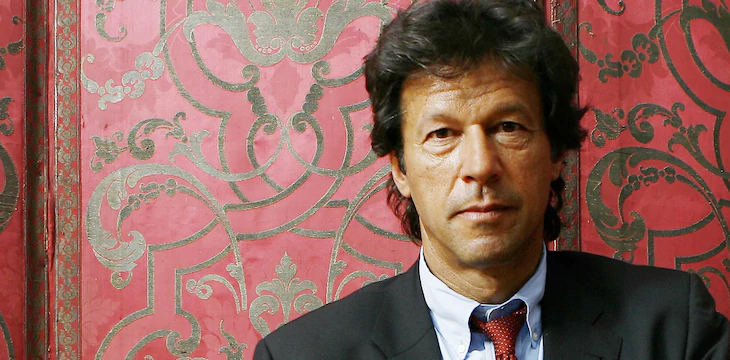|
Getting your Trinity Audio player ready...
|
Pakistan’s Prime Minister Imran Khan has chaired a meeting dedicated to the digitization of government administration. According to a local news outlet, The News, the meeting addressed ways in which technologies such as blockchain could be used to ensure efficiency, eliminating red tape while ensuring transparency and improving the general service delivery per the government’s vision.
A team of Pakistani IT experts from UAE who were invited by Sayed Zulfiqar Abbas Bukhari, Special Assistant to Prime Minister, attended the meeting. The team briefed the prime minister on ways that these technologies could be used to digitalize government processes.
The meeting also discussed on “a next-generation trading platform” for the country that could be used to facilitated trade efficiency with the country’s trade partners.
In his remarks, the Prime Minister stated: “The digitalization will also create much-needed synergies among the government organizations for ensuring friction-less service delivery and improving ease of doing business in the country.”
He added that the digitalization would also create much-needed synergies among the government organizations for ensuring frictionless service delivery and improving ease of doing business in the country.
Since the beginning of the year, Pakistan has taken various steps towards making the country more crypto- and blockchain-friendly. Several weeks ago, Jameel Ahmad, the deputy governor of the State Bank of Pakistan (SBP), the nation’s central bank, declared that the institution aims to issue a digital currency by 2025. Reportedly, the digital currency is aimed at reducing inefficiencies in the country’s monetary system and combat corruption. The complete deployment of the central bank digital currency, however, is set to happen by 2030. The announcement was made during the launch of Electronic Money Institutions (EMIs) which will be used to process digital payments.
About the same period, Pakistan had announced that it was going to implement new cryptocurrency regulations. According to reports, this would be in the form of a licensing scheme for electronic money institutions aimed at improving its record on fighting financial crime. The regulation is expected to “help to combat money laundering and terrorism financing while it will also help the regulation of digital currency throughout the country.”

 02-13-2026
02-13-2026 




